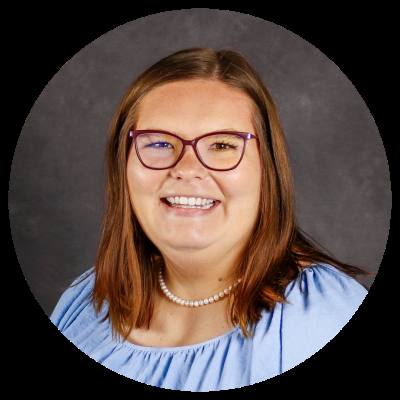Fort Bend County Judge KP George is encouraging residents to participate in a coronavirus survey from Rice University’s Kinder Institute for Urban Research.
The COVID-19 Registry seeks to collect information on how the coronavirus pandemic has affected participants’ health and economic well-being, according to Rice University’s website.
Individuals can join the COVID-19 Registry here. The survey takes about 10 minutes to complete.
The results of the survey will provide local public health officials with real-time information about who has been negatively affected by the coronavirus and where services are needed most, said Bill Fulton, the director of the Kinder Institute.
“In a very real way, this helps people get access to services, access to testing,” Fulton said.
Fulton joined Ed Emmett, former Harris County judge and Kinder Institute senior fellow, and Anna Gonzalez, the director of Fort Bend County Social Services, to discuss the COVID-19 Registry in a Facebook Live event May 27.
Gonzalez said in Fort Bend County, the social services division will use data from the survey when developing its strategic plan and future offerings. Additionally, Gonzalez said the county is looking for ways to make the survey accessible to the community’s most vulnerable population so all voices are represented in the process.
“It’s important for us to use good data, and recent data, so that we can begin to plan and initiate different service delivery or initiatives, identify gaps in services, and look at how the public needs to be more informed in various areas,” Gonzalez said. “This [registry] will definitely be a benefit to our health and human services division.”
The registry first launched in mid-April and as of April 20 had 2,100 participants, most of whom live in the Greater Houston area. Fulton said those who join the registry will be surveyed over time to track how the effects of the virus have progressed.
So far, Fulton said early survey results show while 27% of people had some type of symptoms associated with the coronavirus, only 3% of them have been tested.
Additionally, he said on the economic side, 40% of participants have experienced some economic downturn during the coronavirus, and economic hardship during this time is greater among black residents in Harris County.
Emmett said he hopes the COVID-19 Registry not only helps local officials navigate the current coronavirus pandemic, but that it also leaves lasting lessons for officials to follow the next time there is a similar disaster.
“It is uncharted territory,” Emmett said. “We always learn from the past events, so it's important today that we figure out ways to learn from COVID—not only to get through COVID, but we know this is likely to come again later on.”





